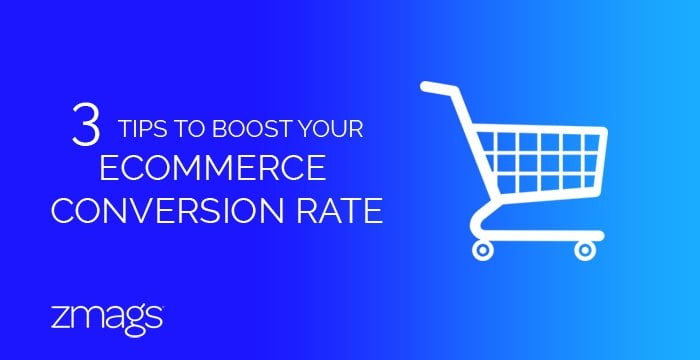Increasing Your Ecommerce Conversion Rate


The Fastr Team represents the collective expertise behind the Fastr Workspace — the AI-native platform built to unify insight and execution for enterprise commerce teams. Fastr combines AI-driven optimization (Optimize) with AI-native frontend execution (Frontend), giving teams the clarity to identify revenue opportunities and the speed to activate them without developer bottlenecks or replatforming. Through platform innovation and strategic services, Fastr helps multi-brand commerce organizations convert more from existing traffic, reduce tech bloat, and scale high-performing digital experiences.
Brands have a whole host of digital marketing goals to meet: engagement metrics, long-term loyalty, a dynamic brand image, the list goes on. But for many, especially during busy seasons like the holidays, their goals usually boil down to one measure of success: the ecommerce conversion rate. How is your brand encouraging conversions? Below, we break down three effective ways to boost your ecommerce conversion rate, and deliver a rich and streamlined path to purchase.
